What happens on a young person's rheumatic fever or rheumatic heart disease journey?
Feeling unwell with sore throat and painful swollen joints
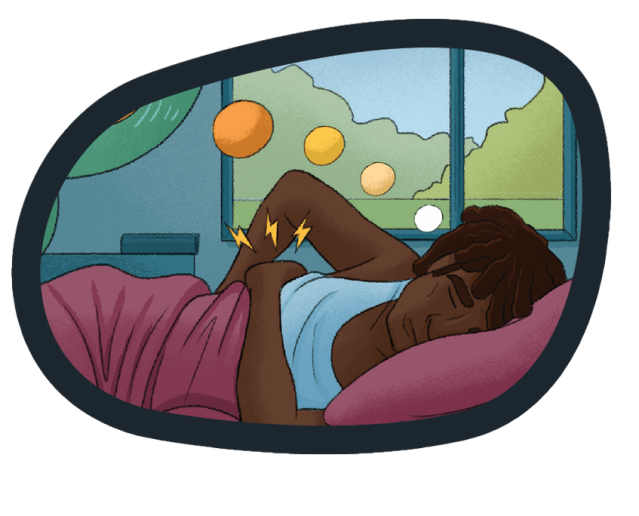
See a GP or other healthcare provider
Admitted to hospital for tests if needed
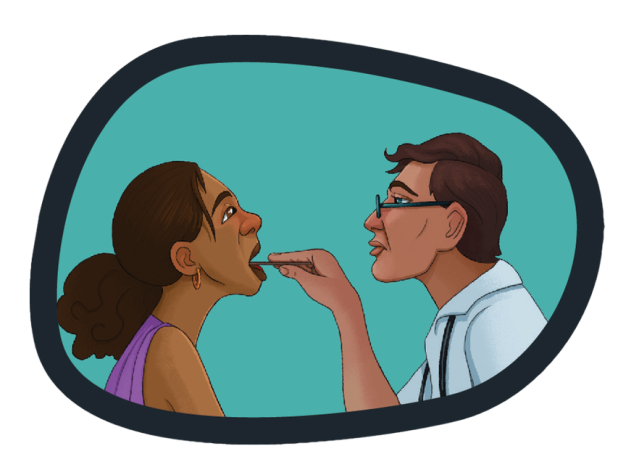
Diagnosed with rheumatic fever
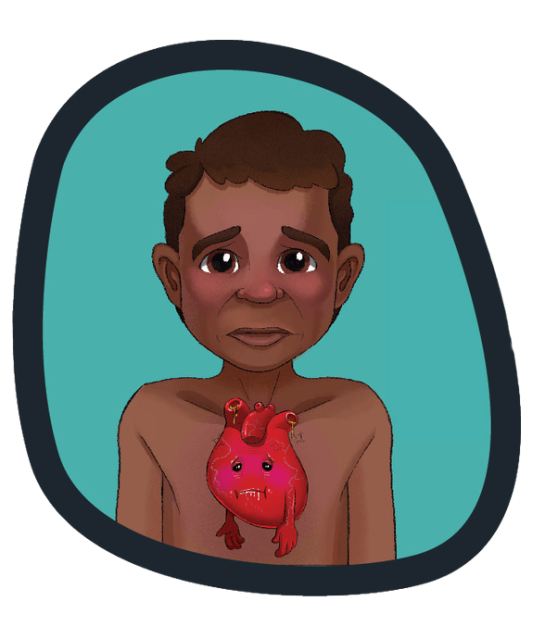
Receive information and education on rheumatic fever and rheumatic heart disease
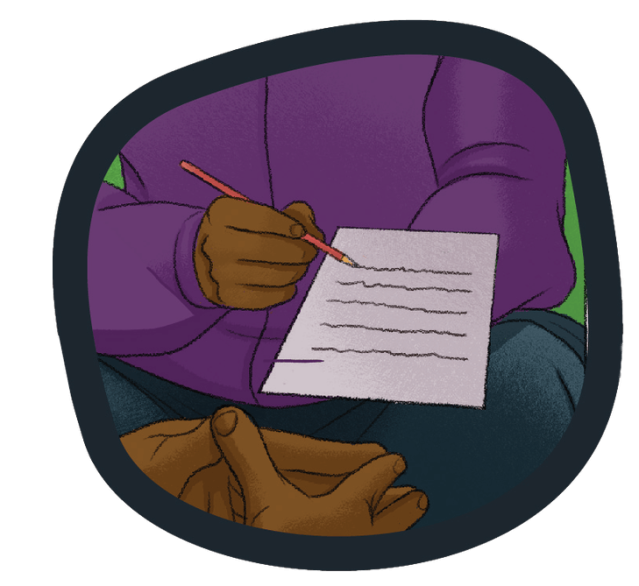
Engage with social support services - cultural worker, social worker, 'Healthy Homes'
Book dental check up
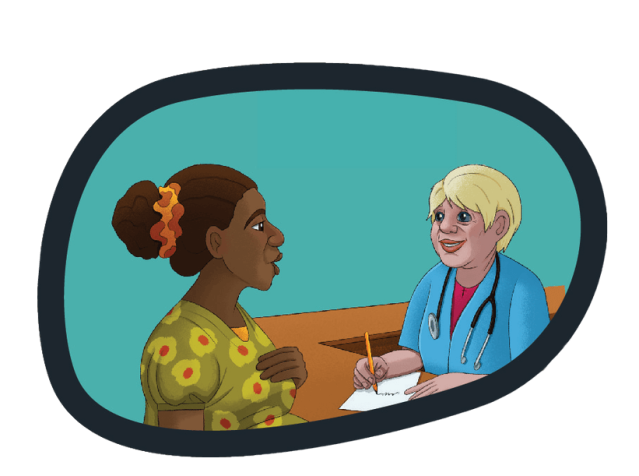
Have first bicillin injection
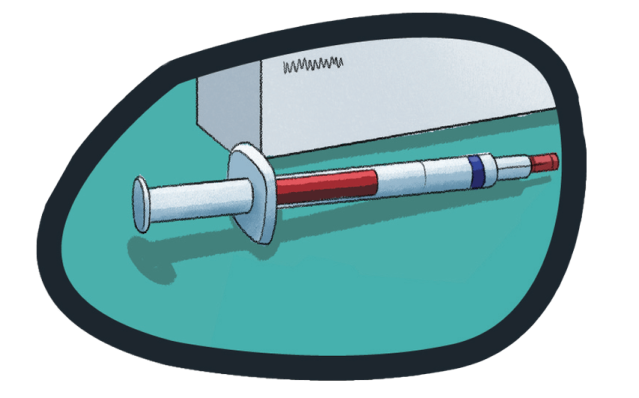
First outpatient appointment with the rheumatic fever specialist

Arrangements made for a bicillin injection every 21 or 28 days
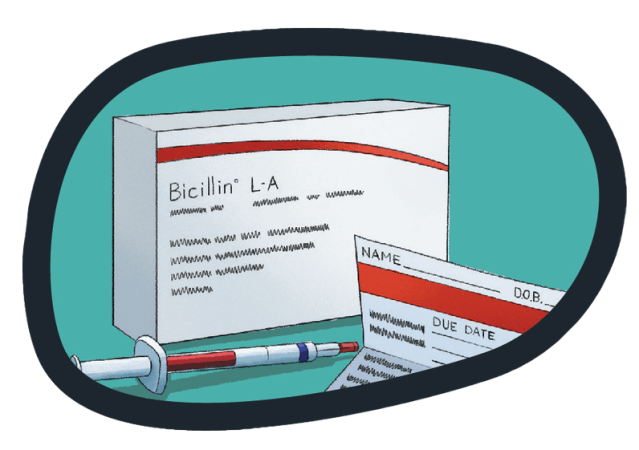
Returning to things you enjoy - school, work, sports and exercise

Dental check ups every 6 months
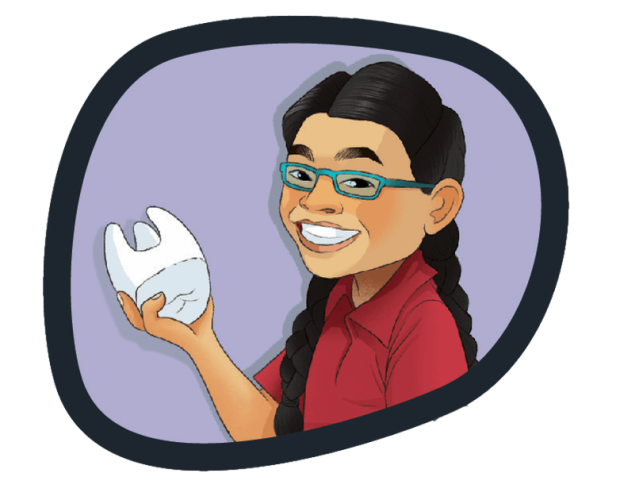
Flu immunisation once a year

Follow up with rheumatic fever specialist every 1 to 3 years and follow up echocardiogram (if needed)
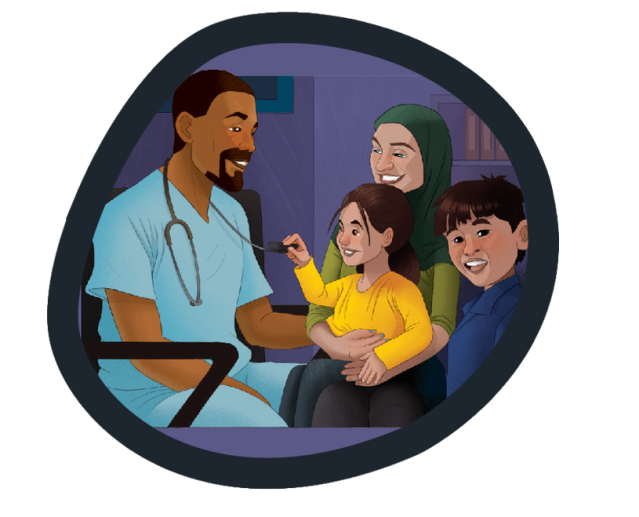
Rheumatic fever specialist says it's safe to stop having bicillin injections
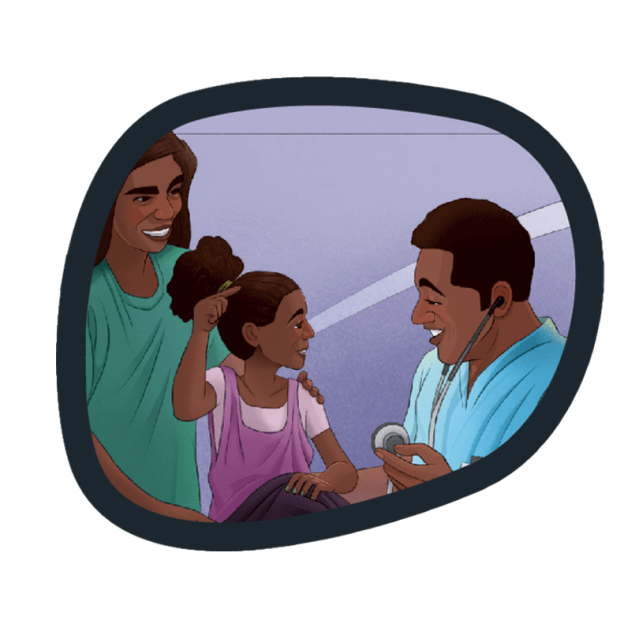
Ongoing follow up care with cardiology and other services
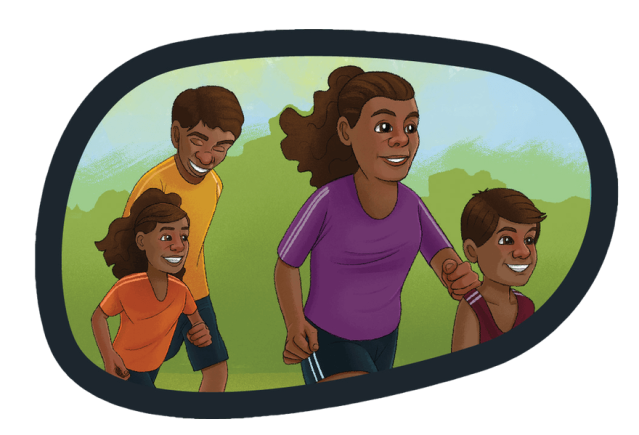
Other parts of the journey
The rheumatic fever and rheumatic heart disease journey introduction
Taking care of my child's health after a diagnosis of rheumatic fever
A young person's rheumatic fever or rheumatic heart disease journey in pictures (you are here)
What is rheumatic heart disease?
How will my child’s rheumatic fever be managed?
What other ways can I look after my child's health after rheumatic fever?
When can my child return to doing the things they enjoy?
Will my child need regular medical check-ups?
Looking after your child’s mouth and gums
Will rheumatic fever affect my child’s ability to have children in the future?
Acknowledgements
This information is adapted from the rheumatic fever and rheumatic heart disease booklet produced by the Rheumatic Fever Project Team, Te Whatu Ora - Counties Manukau, 2022.
References
Rheumatic fever and rheumatic heart disease booklet (PDF, 9.94 MB). Te Whatu Ora - Counties Manukau, 2022.
